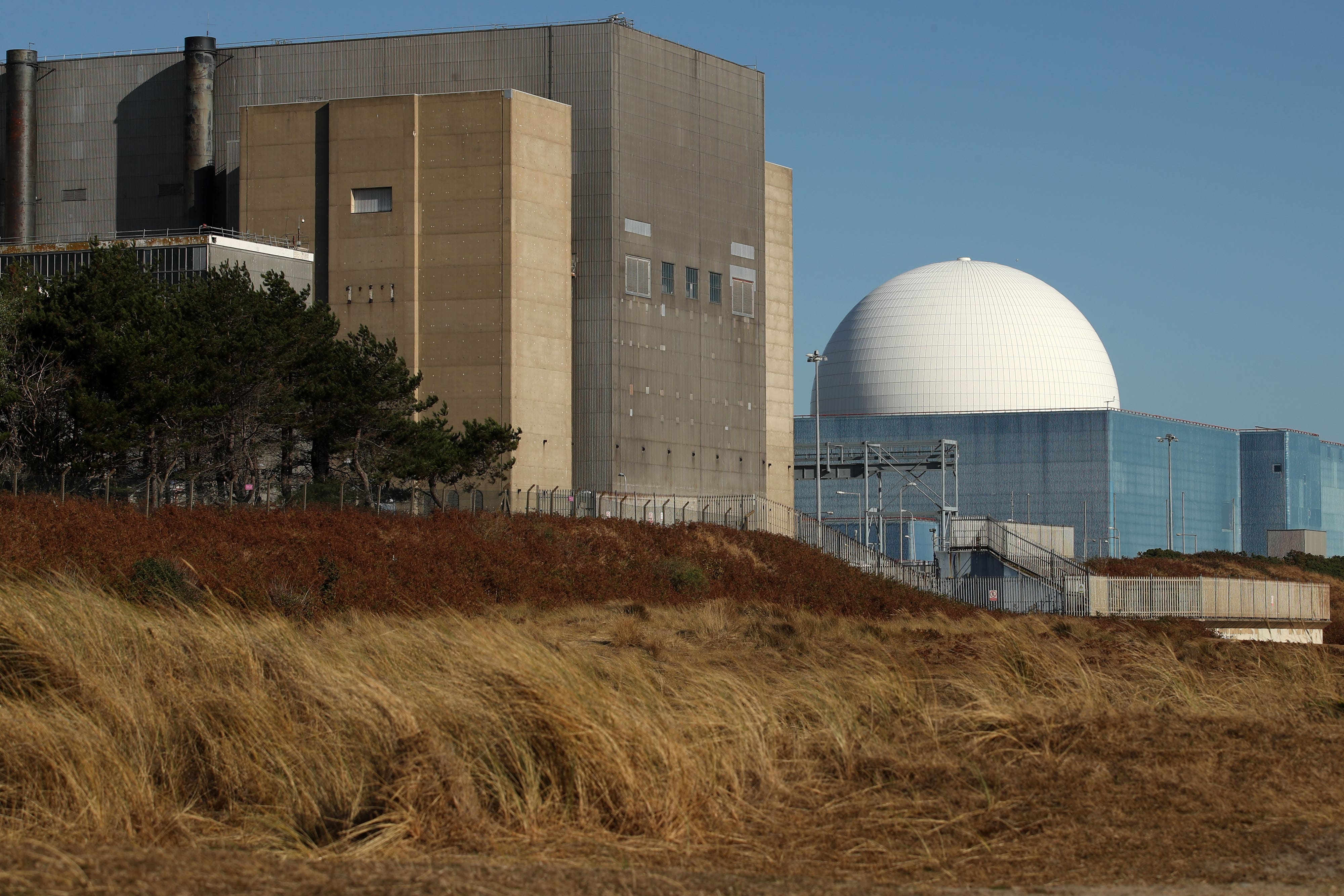PM vows to curb ‘Nimby’ court battles over major projects
Sir Keir Starmer has announced changes to ‘hopeless’ judicial reviews that he says are holding up infrastructure projects.

Opponents of major infrastructure projects will have fewer chances to “frustrate growth” through repeated legal challenges, the Prime Minister has said.
Sir Keir Starmer said he would end a “challenge culture” that saw major projects such as nuclear power plants, wind farms and roads delayed by unarguable bids for judicial review.
Number 10 said the changes would prevent “cynical” or “hopeless” cases causing delays and increasing the cost of infrastructure projects.
Opponents currently have three opportunities to secure permission for a judicial review against a major infrastructure project – firstly by writing to the High Court, then in an oral hearing and finally by asking the Court of Appeal.
But under plans announced by the Prime Minister on Thursday, the written stage will be scrapped and any cases deemed “totally without merit” will be unable to ask the Court of Appeal to reconsider.
The Prime Minister said: “For too long, blockers have had the upper hand in legal challenges – using our court processes to frustrate growth.
“We’re putting an end to this challenge culture by taking on the Nimbys and a broken system that has slowed down our progress as a nation.
“This is the Government’s Plan for Change in action – taking the brakes off Britain by reforming the planning system so it is pro-growth and pro-infrastructure.”
Thursday’s announcement follows Sir Keir’s pledge before the election to put the Government on the side of “builders, not blockers”, as Labour sees improving Britain’s infrastructure as key to its mission of securing economic growth.
Writing in the Daily Mail, Sir Keir said: “Cases that are unarguable and unwinnable can be brought back to the courts three times. That causes years of delay. It costs hundreds of millions of pounds. It clogs up the courts. And strangles growth.
“The entire country pays the price.
“Bringing back common sense to building is the least this country deserves. Because if we want growth, we need the infrastructure to support it.”
The Government has already committed to making 150 major infrastructure project decisions by the next election, and on Wednesday announced changes to environmental protection rules to speed up building work.
It also follows a 2024 review by planning lawyer Lord Charles Banner, who recommended streamlining the judicial review process so claimants had “fewer bites of the cherry” when seeking permission to bring a case.
Reducing the number of permission attempts to one for truly hopeless cases should weed out the worst offenders
The review found that around a third of applications for judicial review of major projects were refused permission to proceed entirely, although it was not clear how many had been deemed “totally without merit”.
Lord Banner said he was “pleased to see the Government acting on the back of my review”, adding that “reducing the number of permission attempts to one for truly hopeless cases should weed out the worst offenders”.
According to the Government, more than half of decisions on nationally significant infrastructure projects were taken to court, causing an average delay of 18 months and adding millions to costs.
Officials pointed to cases including the approval of Sizewell C, in Suffolk, where campaigners spent 16 months seeking permission for a judicial review despite their case being described as “unarguable” at every stage.
However, only some of the grounds in the Sizewell C case were deemed “totally without merit”, meaning the remaining grounds could still have been reconsidered by the Court of Appeal.
Shadow communities secretary Kevin Hollinrake said: “While we welcome the Government taking forward Conservative initiatives to streamline the planning system, Labour’s blocking of our efforts to cut EU legacy red tape, such as nutrient neutrality, so they can align more closely with the European Union will hold Britain back.”
He also accused ministers of having “sat on their hands” on implementing measures to cut bureaucracy, adding that reorganising local councils was “hardly a recipe for accelerating decision-making”.
Bookmark popover
Removed from bookmarks